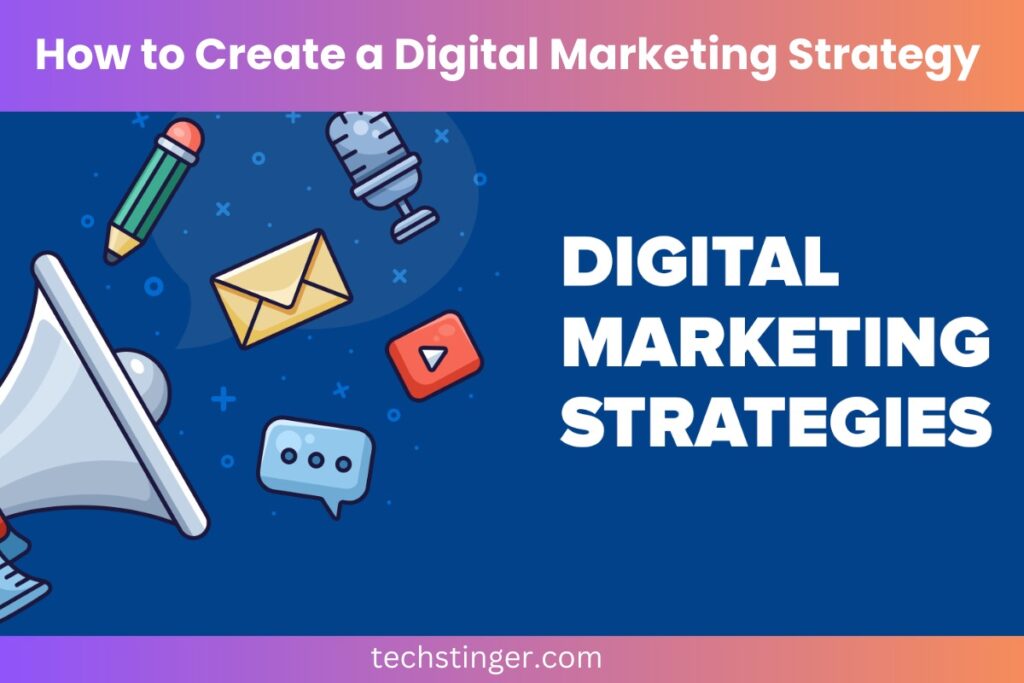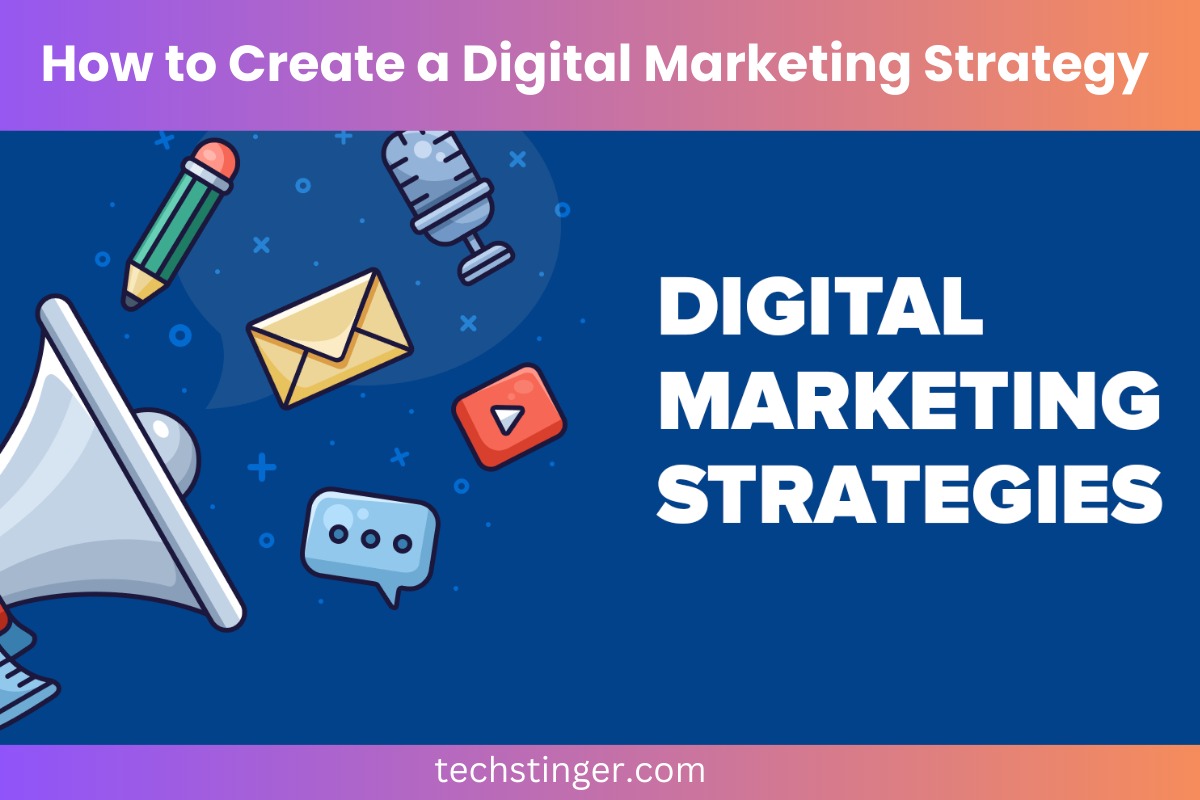How to Create a Digital Marketing Strategy

The introduction serves as the opening of the article, where you set the tone and introduce the topic. In this case, the topic is “How to Create a Digital Marketing Strategy.” You should briefly explain the importance of having a digital marketing strategy and how it can benefit businesses in today’s digital age. Hook the reader’s interest and make them eager to read further.
2. Understanding Your Business Objectives
In this section, you need to delve into the process of defining your business objectives. Explain that having clear and well-defined goals is essential before crafting a digital marketing strategy. Talk about different types of objectives, such as increasing brand awareness, driving website traffic, generating leads, or boosting sales. The key is to align these goals with your overall business mission and vision.
3. Know Your Target Audience
This section emphasizes the importance of knowing your target audience in-depth. Explain how conducting market research helps identify your ideal customers, their demographics, behaviors, preferences, and pain points. Discuss the significance of creating buyer personas and how they can guide your marketing efforts to resonate with your audience effectively.
4. Perform a Comprehensive Website Audit
Here, you’ll discuss the need to conduct a thorough audit of your website before starting your digital marketing efforts. Explain that the website is the core of your online presence and acts as a digital storefront. Describe the elements to audit, such as website speed, mobile responsiveness, user experience, and search engine optimization (SEO) factors.
5. Choosing the Right Digital Marketing Channels
In this section, talk about the various digital marketing channels available, such as social media, content marketing, email marketing, SEO, PPC, etc. Explain that choosing the right channels depends on your target audience and business goals. Emphasize the importance of quality over quantity, and how focusing on the right channels can yield better results.
6. Crafting Engaging Content
Content is a vital part of any digital marketing strategy. Discuss the significance of creating high-quality and engaging content that provides value to your audience. Talk about different content formats like blog posts, videos, infographics, and social media content. Emphasize the importance of addressing the pain points and needs of your audience through your content.
7. Search Engine Optimization (SEO)
In this section, explain the importance of SEO in driving organic traffic to your website. Discuss the key elements of SEO, such as keyword research, on-page optimization, backlink building, and content optimization. Stress the need to create valuable content that satisfies both search engines and users.
8. Embracing Social Media
Social media is a powerful platform for brand awareness and engagement. Talk about the significance of having a strong social media presence on platforms relevant to your audience. Explain the benefits of engaging with followers, running social media campaigns, and leveraging the influence of social media influencers.
9. Implementing Pay-Per-Click (PPC) Advertising
Discuss the concept of PPC advertising and how it allows businesses to reach their target audience through targeted ads. Explain how platforms like Google Ads and social media ad platforms work, and the importance of setting a budget and monitoring campaign performance.
10. Leveraging Email Marketing
Explain the value of email marketing in nurturing leads and building customer relationships. Discuss the importance of creating personalized and relevant email campaigns, segmenting the audience, and using automation to improve efficiency.
Conclusion
Creating a successful digital marketing strategy is essential for businesses looking to thrive in the online world. By understanding your audience, setting clear goals, and implementing the right tactics, you can effectively reach your target market and achieve your marketing objectives. Remember to remain adaptable and continuously analyze performance to stay at the forefront of the digital marketing landscape.

